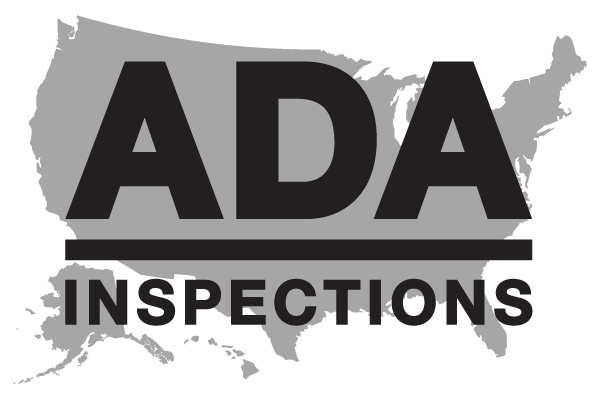Aging-in-Place Home Modifications for People Living with Parkinson's Disease
Parkinson's Disease is a common chronic and degenerative health condition that can lead to disability. Home modifications to accommodate Parkinson's Disease make everyday tasks in the home simpler, safer and better.
A Certified Aging-in-Place Specialist (CAPS) consultant can help with the home modifications.
According to the Mayo Clinic, symptoms of Parkinson's Disease include:
Tremor, or shaking, that usually begins in a limb, often the hand or fingers.
Over time, Parkinson's disease may slow movement, making simple tasks difficult and time-consuming. Steps may become shorter when you walk. It may be difficult to get out of a chair.
Muscle stiffness may occur in any part of the body. The stiff muscles can be painful and limit range of motion.
Posture may become stooped.
Balance problems may occur.
There may be a decreased ability to perform unconscious movements such as blinking, smiling or swinging your arms when you walk.
Speech may soften, quicken, slur or hesitate before talking. Speech may be more of a monotone rather than with the usual inflections.
It may become hard to write, and writing may appear small.
According to ParkinsonsDisease.net, home modifications specifically for people living with Parkinson's Disease include:
Adding rails to doorways or stairs.
Creating half steps to make large steps smaller.
Installing ramps where steps are located, if possible.
Widening doorways to 36” or more.
Removing or leveling threshold strips between rooms.
Adding stair lifts where ramps are not practical.
Replacing a bath with a walk-in shower.
Installing a tub transfer chair or bench.
Adding shower chair or bench.
Mounting bars or handrails in tubs, showers or near the toilet.
Placing non-skid rubber bath mats in showers or tubs.
Installing a raised toilet seat or commode frame.
Switching out faucets to those that are easier to grasp or those that only require a touch to turn on.
Inserting chair or bed raisers.
Adding a handle or bed rail for getting out of bed.
Adding a motion-activated nightlight on common routes and in bathrooms.
John Hopkins Medicine adds the following home modifications:
Have a phone within easy reach of the person with Parkinson’s disease in the main rooms of the house.
Add an adapter with oversized buttons that fits over the phone to make dialing easier for people with hand tremors.
Add an adapter that amplifies their voice on the phone for those with low voice volume.
Have emergency numbers (police, fire, a neighbor’s number, doctors’ offices) near the house phones and programmed into smartphones.
Have pen/pencil grips on each writing device to enable easier gripping.
Rearrange furniture so that rooms are less crowded and allow more space to maneuver.
Have furniture, chairs and couches with firm cushions and straight backs and secure armrests.
Store commonly used foods and beverages on shelves in the pantry or refrigerator that are easy to reach.
Decant foods and liquids into smaller, easier-to-handle containers.
Keep items that you use daily, like coffee mugs, on hooks rather than harder-to-reach cupboards.
Look into special utensils, such as forks and spoons with easy-to-grip handles and a knife that works with a rocking rather than sawing motion.
Consider having a kitchen countertop lowered.
Keep the path between the bed and bathroom clear of objects, loose rugs and any other tripping hazards.


